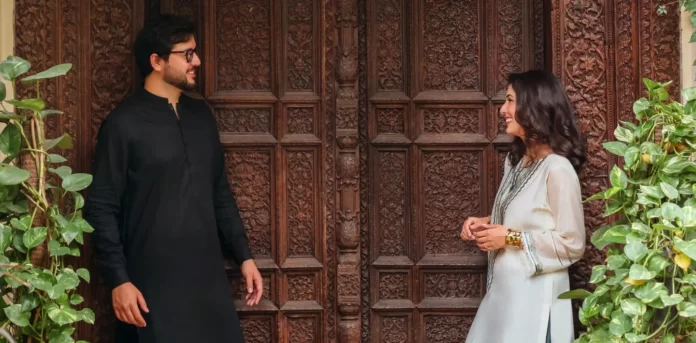Villa Ayun, a heritage boutique resort nestled in Chitral’s Hindu Kush mountain range, has earned international recognition for its eco-tourism and heritage preservation efforts, in a recent Forbes report.
Spearheaded by siblings Maria and Junaid Ul Mulk, the resort was launched in 2021 on their family’s 100-year-old ancestral property with the mission of promoting sustainable tourism while preserving local culture.
The resort combines modern luxury with a commitment to the environment. Its sprawling 30-acre estate features fruit orchards and botanical gardens, powered by renewable energy from micro-hydel generators and solar panels.
Villa Ayun also employs rainwater harvesting and organic farming practices, reflecting the siblings’ deep commitment to sustainability. Their efforts include planting over 5,000 trees in the region, bolstering biodiversity.
In addition to tourism, Villa Ayun supports local communities by training and employing staff from Chitral and launching initiatives like Meržuri, a lifestyle brand promoting indigenous Chitrali crafts.
Meržuri has showcased handcrafted luxury goods nationally and supported female artisans in the region.
Maria and Junaid’s vision draws inspiration from their grandfather, Khush Ahmad Ul Mulk, a forward-thinking environmentalist and advocate for sustainable living.
“Our grandfather transformed this land from a barren estate into a flourishing oasis. He instilled in us the value of living in harmony with nature,” Maria shared.
The resort’s mission goes beyond hospitality; it seeks to preserve Chitral’s rich heritage.
“We see ourselves as custodians of this land, ensuring its history and community are respected,” said Junaid.
While the siblings acknowledge the immense potential in Pakistan’s tourism sector, they stress the need for a unified eco-tourism policy.
“Pakistan lacks proper waste management and recycling facilities in tourist destinations, including Chitral. We need zoning laws, environmental impact assessments, and certifications to encourage responsible tourism,” Maria emphasized.
This year, Villa Ayun received the Tourism Excellence Award from the Khyber Pakhtunkhwa Government, adding to its accolades. However, Maria and Junaid remain focused on long-term goals.
“Seeing our work have a tangible impact on the community is incredibly rewarding. We aim to grow together with the valley and its people,” Maria noted.
Villa Ayun’s journey highlights the transformative potential of sustainable tourism, offering a model for preserving heritage while fostering economic growth in ecologically sensitive regions.




